How To Care For Elderly Parents
Do your research to find out what is recommended
If you’re caring for a loved one, it’s important you know how you can best support them.
Caring for anyone is a big responsibility that can be very rewarding but comes with certain challenges, so it’s important that you understand exactly what home care is likely to entail. There are numerous elderly care websites which contain great information about caring for elderly people, people with dementia, and people living with disabilities and other medical conditions. Some aspects of providing good care at home come down to simple common sense, but you may have questions about things such as how to make home adaptations, what sort of meals you should be preparing, and where you might be able to go for a day trip.
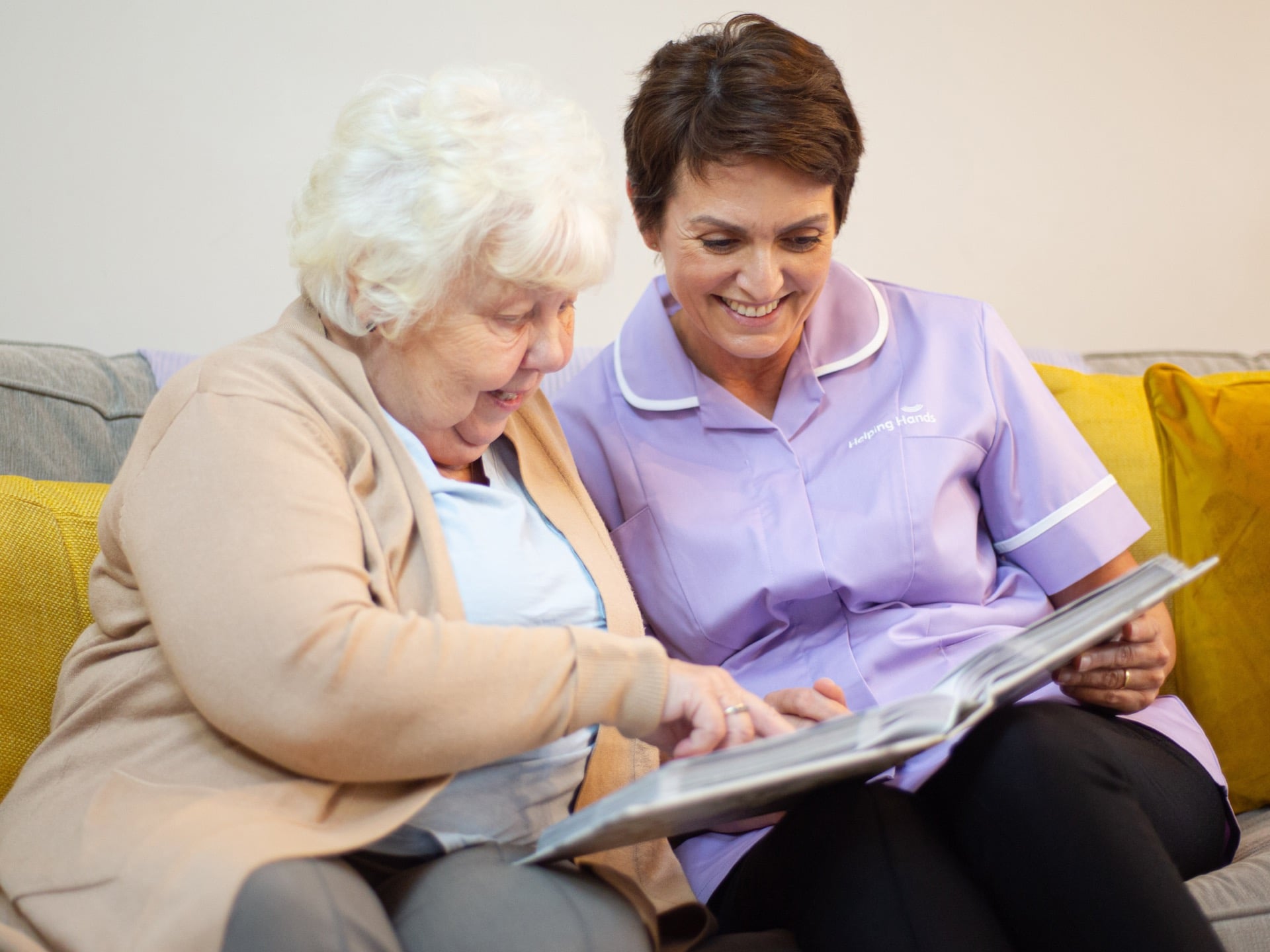
Establish a routine
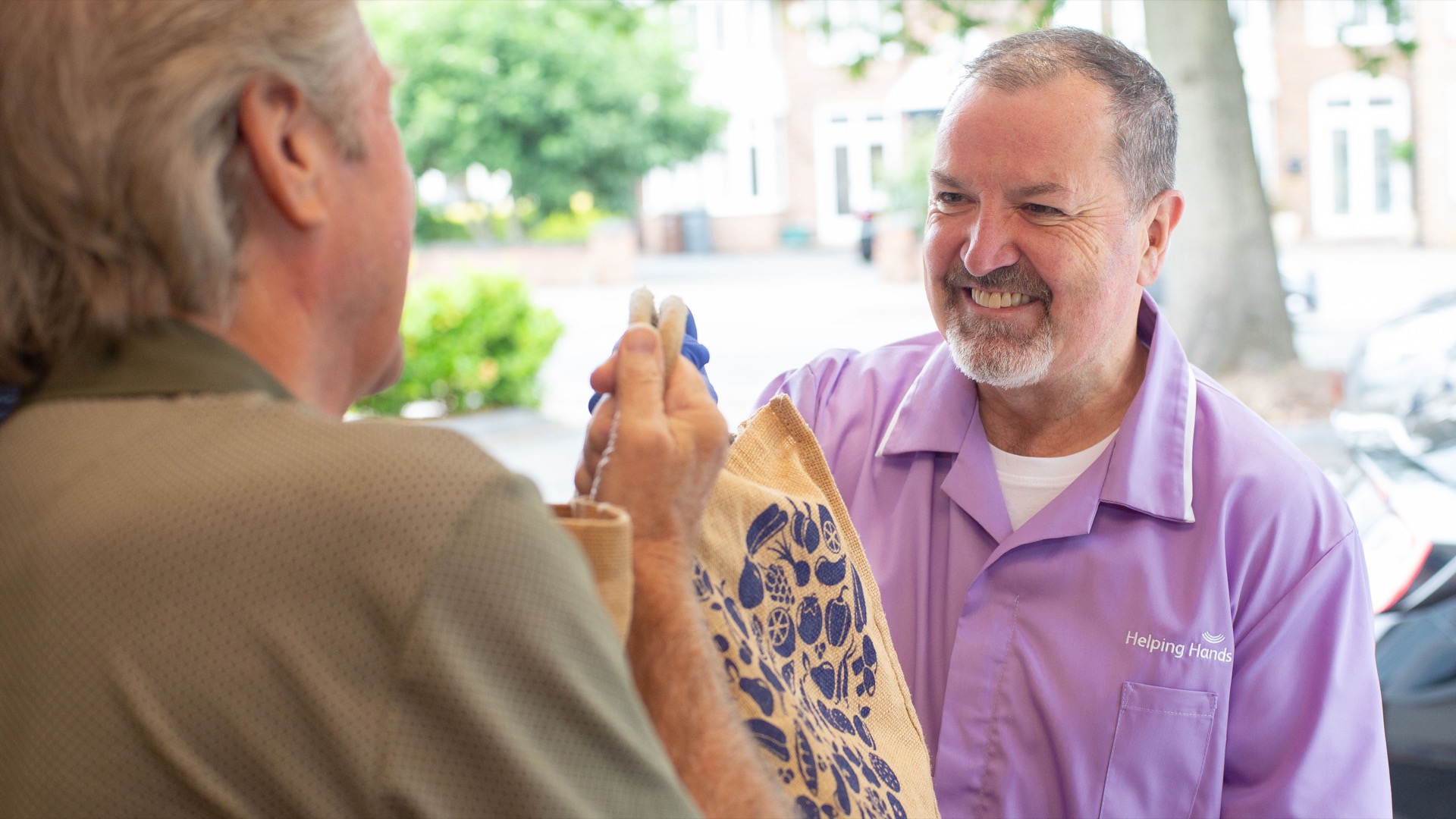
Routines help you and your parents establish an expected way in which things will be done.
Routines are great because they help both you and your parents establish an expected way in which things will be done. However, when setting routines, it’s important to make sure that your loved one doesn’t feel like you’re running their life for them, but rather that they control over what they want to do and when they want to do it. You should also make suggestions and voice concerns whenever necessary, as you alone know your own capabilities and your limitations.
It can be helpful to establish routines with:
Getting up and going to bed
Meals
Medication
Going for a walk
Household chores
Seek medical advice
If your parent is living with a medical condition, they may have complex care needs.
If your parent(s) is living with a specific medical condition or age-related frailty and you’re planning to be their caregiver, you should ensure you’re aware of all the health risks they face and all the correct procedures for helping them to manage their condition.
Arrange a chat with their GP to find out how their care needs are affected by their condition, and use information available on the NHS website to help steer your care decisions.

Make time for your own health
It’s easy to spend so much time caring for loved ones that you forget to focus on your own health.
Ensuring you stay physically and mentally healthy is important for a number of reasons, not least because you’re not going to be able to look after others properly if you yourself are experiencing health problems. Every single flight attendant in the world will tell you that you should always make sure your own well-being is secure before turning your attention to those around you, and that same principle applies to health and social care.
A key part of maintaining your physical and mental health is not overdoing it, and at Helping Hands, we have both visiting and live-in options available for elderly care; ideal for those times when you find yourself needing a break from caregiving:
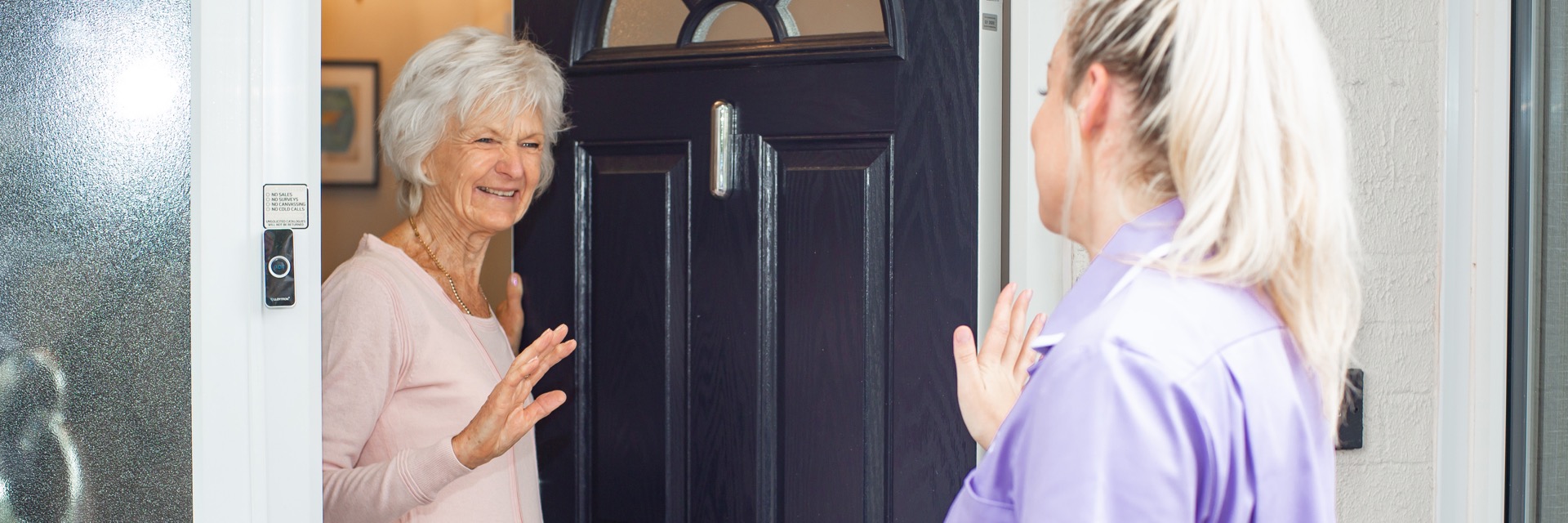
Having a professional visiting carer step in to cover your responsibilities can make a world of difference, both to you and the person you’re looking after.
A new, friendly face
A much-needed rest
Expert support
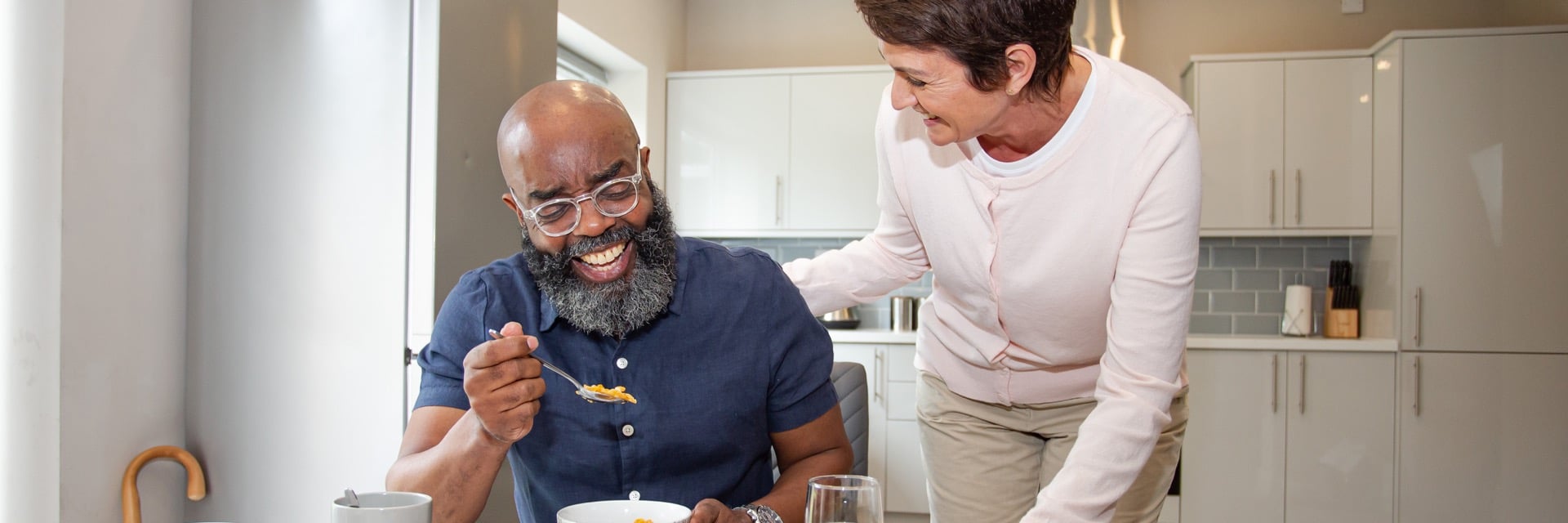
We are able to offer short-term respite care and 24/7 assistance from a live-in carer who will come and live in your loved one’s home while you take a break.
24-hour care
Life on your own terms
Handpicked carer
Get in touch with the elderly care experts at Helping Hands
At Helping Hands, we’ve got over 30 years’ experience in providing transformative support to people in the comforting, familiar surroundings of their own homes, so it’s safe to say we’re care industry experts. Follow the steps below to arrange help with elderly care today.
Speak to our team
Call our team of experts to talk through your options and any questions you may have
Free home care assessment
Your local Helping Hands manager will visit you to discuss your care requirements
Find your carer
We’ll help to match you with a carer who meets your preferences and has the right skills
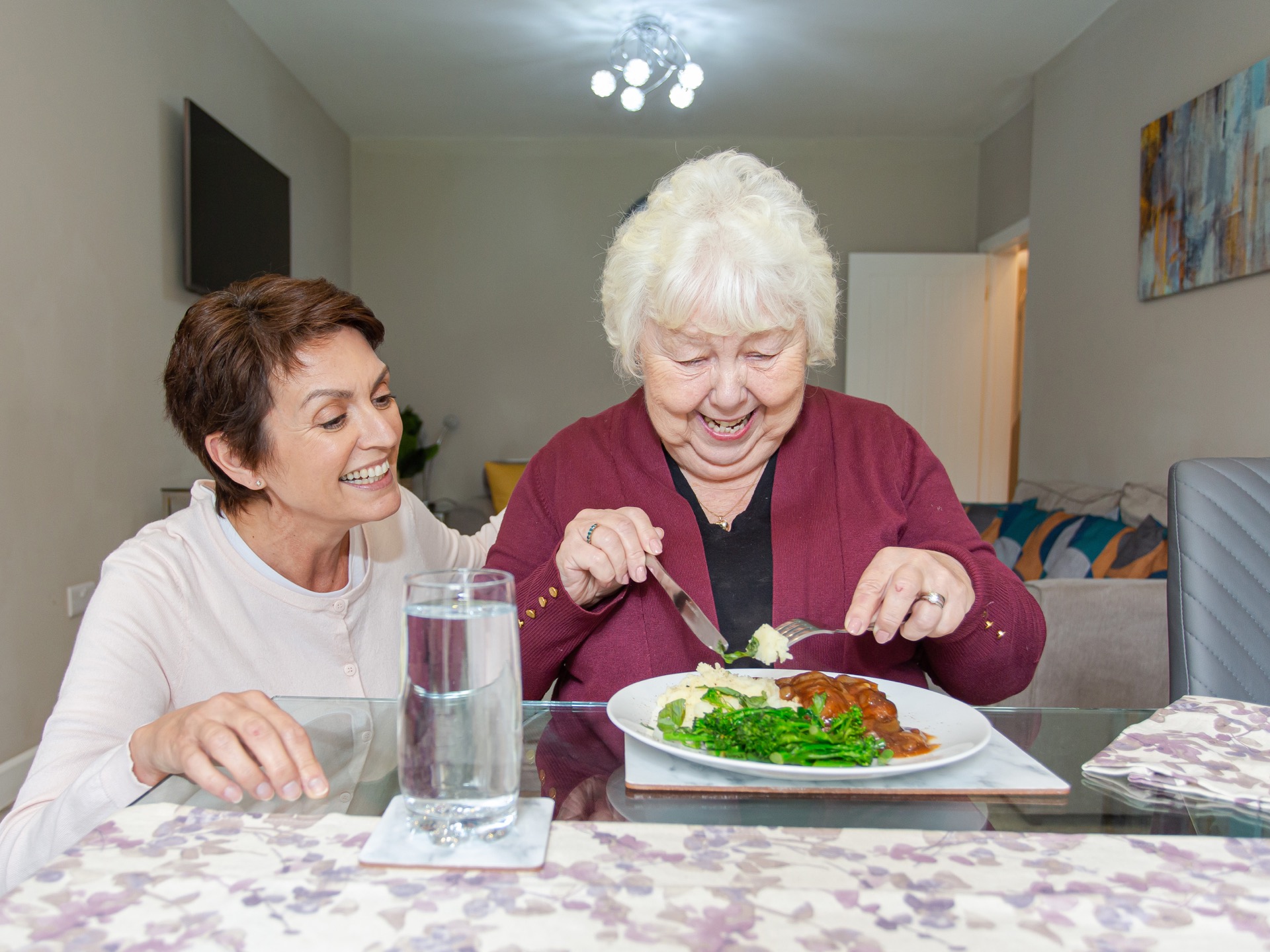
Carer’s Allowance
You should research your eligibility for financial aid if you’re a caregiver.
If you work 35 hours a week or more, you may qualify for Carer’s Allowance which equates to £67.60 per week and is usually paid every four weeks. Additionally, caregivers working 20 hours a week or more might be eligible for National Insurance credits, and there are numerous other means-tested benefits available which are worth investigating.
Fully regulated by the CQC / CIW
Here at Helping Hands, our elderly care service is fully managed and regulated by the Care Quality Commission (CQC).
From your very first phone call to our friendly team, every aspect of your elderly care service is independently monitored and regulated by the CQC and Care Inspectorate Wales (CIW).
What is the significance of being a regulated care provider?
What is a regulated care service?
A regulated care service is one where all aspects of the care are independently monitored and vetted
Why do we opt for regulated care?
We choose to be regulated because we want our customers to be fully assured about our services
How does regulation affect my care?
A CQC / CIW-regulated service means all of your care provision is industry approved and standardised
Page reviewed by Carole Kerton-Church, Regional Clinical Lead, on July 25, 2024.
How we wrote this page
This page has been produced referencing key insights and data from external experts, trusted medical sources and our team of in-house specialists. We have worked hard to ensure that all information is as accurate as possible and reflects current consensus at the time of writing and reviewing.